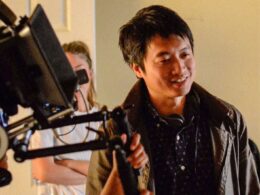“Kill the Roses,” directed by Tianyang Shi, presented Ren-Chih Chen with a unique challenge: to adapt Stan Zhu’s short story “Flower Ocean” into a cinematic experience that explores universal themes of sadness, forgiveness, and resilience. Chen’s editorial approach was grounded in embracing ambiguity rather than fighting it. “Much of the story remains ambiguous until the very end, when seemingly unrelated encounters finally align to reveal the full picture,” Chen explains.
His strategy involved allowing moments to breathe, layering story fragments, and then carefully stitching them together so that the final revelation carried both clarity and emotional weight. His most significant decision was to let Stan Zhu’s authentic performance drive the editing of the film. Zhu’s understanding of the protagonist Hao was deeply personal, and this authenticity was evident in every frame. “Sometimes the boldest choice as an editor is restraint,” Chen reflects. “To hold a shot longer than expected, resisting the instinct to cut away, and trusting that the performance will carry the weight.” This idea is shown in the film’s last scene, where Hao looks out at the sea, a moment that holds meaning in its stillness and duration.
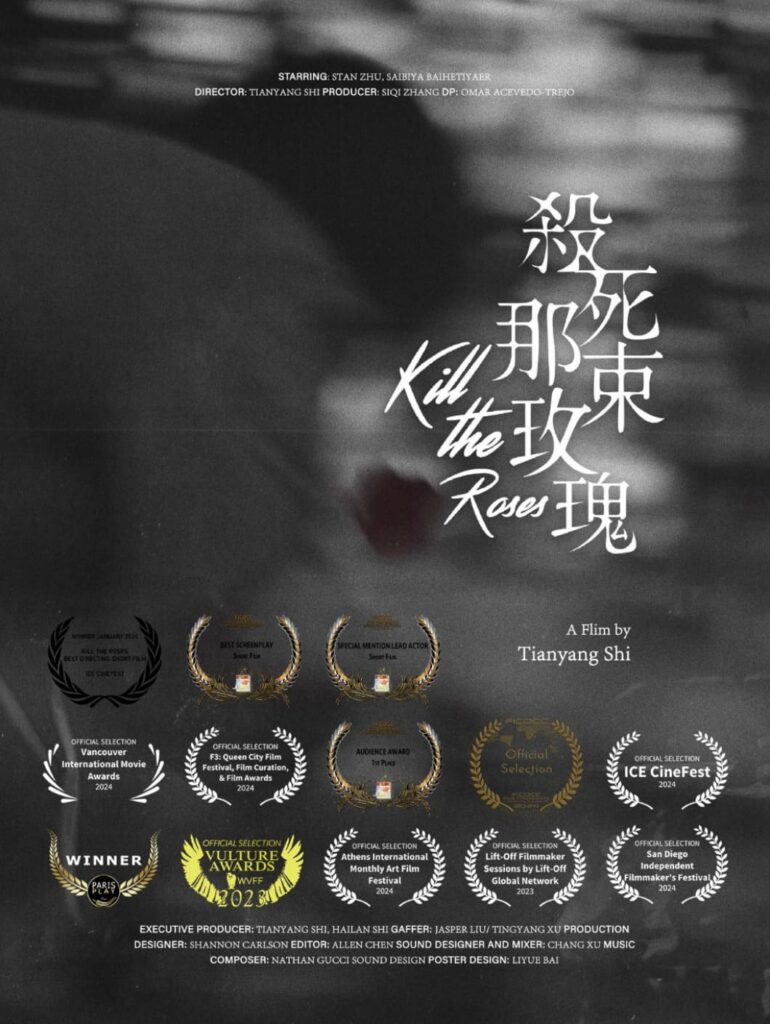
Chen’s editorial mastery lies in how he connects symbols, images, and emotions throughout the movie. One of the most compelling visual arts in the gradual transition from black and white to color, which shows Hao’s path from grief to healing. Instead of making a sudden switch to color, Chen carefully builds up the change, introducing small bits of color at key emotional points. This makes the shift feel natural and meaningful. The absence of color portrays Hao’s loneliness and detachment, making the return of color a helpful moment. The rose also becomes more than just a picture. Chen uses the rose in memories and times of loss, letting its meaning build up over the story, letting silence and sounds tell the story.
“At times, the rose stood for memory, at other times for love or loss,” Chen explains. “By weaving it into Hao’s interactions instead of leaving it as background detail, the rose became part of his emotional journey.” This approach allowed the audience to interpret the symbol’s meaning as the story unfolded, creating a more interactive and personal viewing experience. He is especially proud of the film’s opening scene, which he describes as a gentle invitation rather than a forceful exposition. Chen made the experience more personal to viewers by letting Hao’s confusion match what viewers feel at first, making them feel as if they were discovering the story alongside the character.
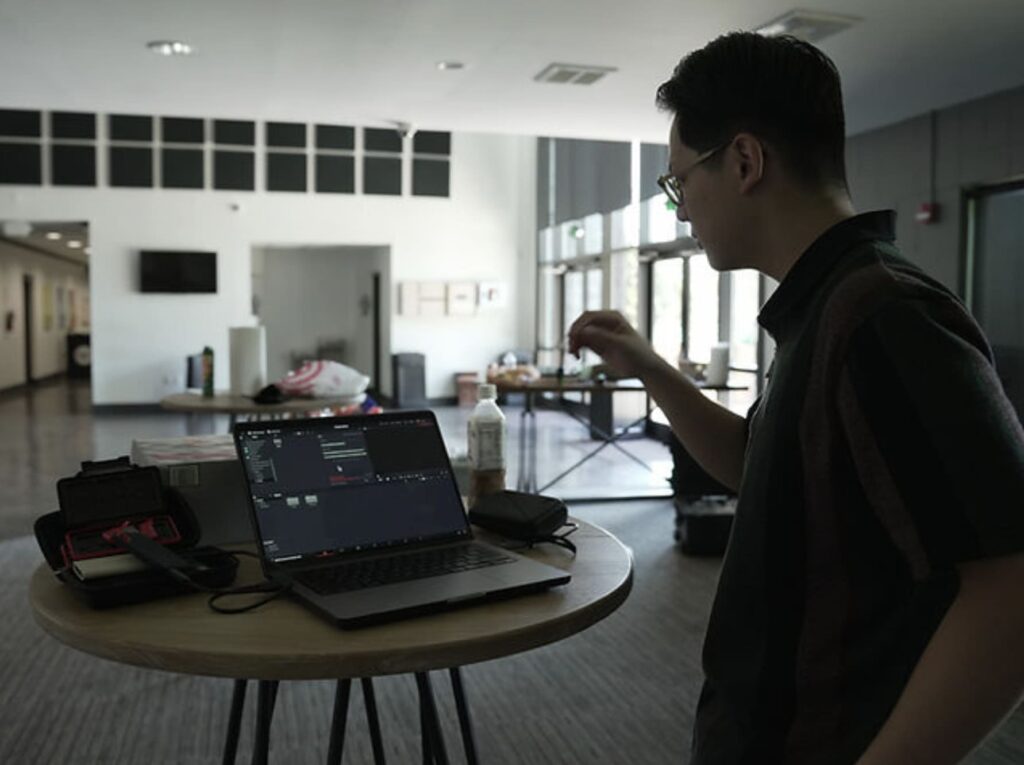
Chen’s contribution in “Kill the Roses” taught him what he considers the most important lesson of his career: Patience. This reflects to his growth as an artist and his willingness to challenge contemporary editing styles. His way of editing shows that he really gets how powerful cinema can be in connecting with people. His craft shows compelling storytelling, which often requires courage to take things naturally at their pace, believing in the story you are telling and believing in the audience’s capacity for emotional engagement. Chen’s editing style encourages editors to think beyond how they shape emotions and how their choices in editing influence the overall narrative of the story.
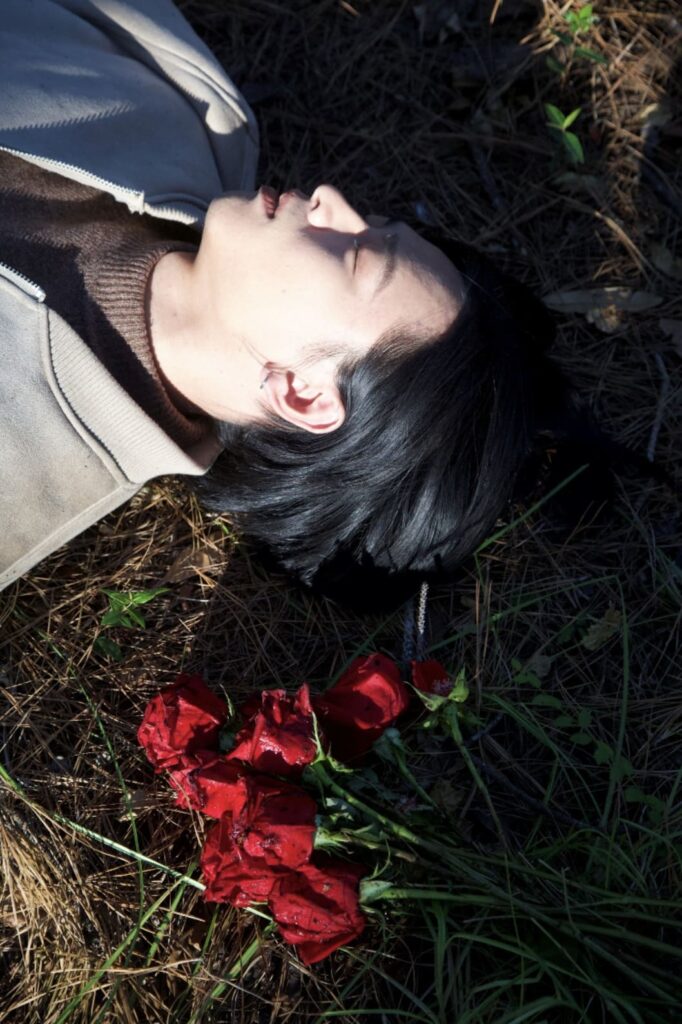
In “Kill the Roses,” Chen proves he knows that the best stories are not always about relying on technical skills. Instead, they come from paying close attention to how the rhythm of the visuals, through editing, can show what is going on inside characters. His choice to be patient, thoughtful, and honest in his work shows his dedication and fresh take on how editing should be done, focusing on a long-lasting impression of film rather than just making things exciting temporarily. His way of editing leaves the film resonating with the audience for a more extended period. Chen’s editing shows that the best part of editing is not about changing the footage but about discovering and revealing the emotional truth that exists within the material.
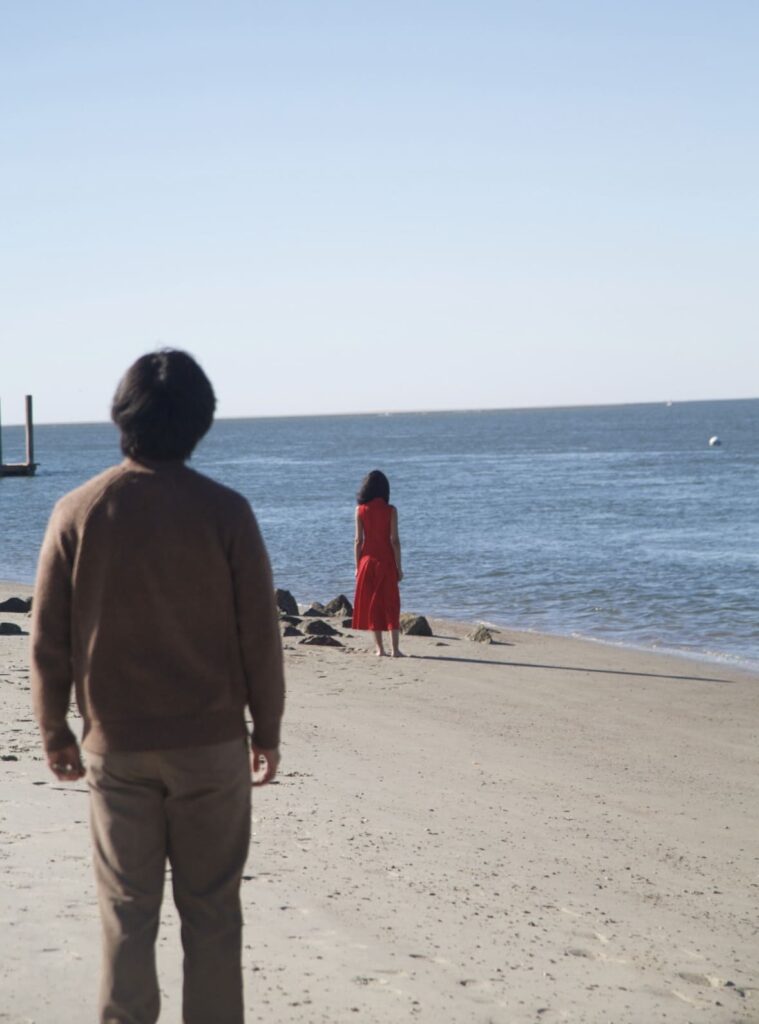
In an industry often driven by spectacle and speed, Chen’s approach offers a refreshing alternative. His way of working is a nice change of pace. He sees films as a form of meditation, editing as a way to build emotions, and patience as the strongest tool an editor can have.
Read more about Ren-Chih Chen – IMDb






